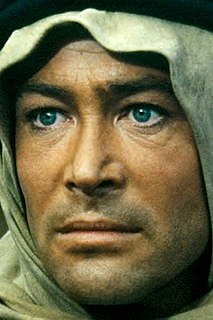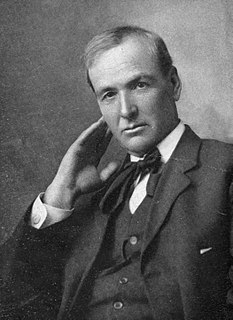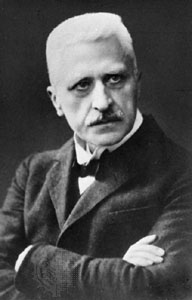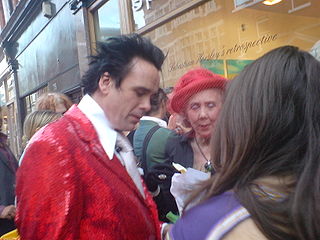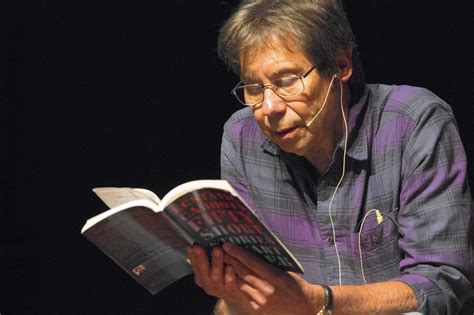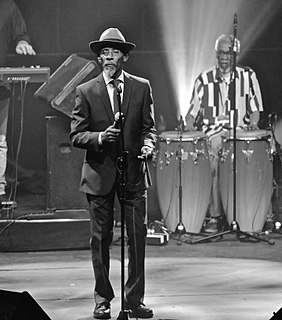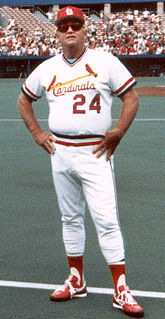Top 1200 Historical Figure Quotes & Sayings
Explore popular Historical Figure quotes.
Last updated on April 14, 2025.
It is easy to see, though it scarcely needs to be pointed out, since it is involved in the fact that Reason is set aside, that faith is not a form of knowledge; for all knowledge is either a knowledge of the eternal, excluding the temporal and historical as indifferent, or it is pure historical knowledge. No knowledge can have for its object the absurdity that the eternal is the historical.
In 'Labor Day Hurricane, 1935,' Douglas Trevor vividly recreates a historical event. While that is the only story in A THIN TEAR IN THE FABRIC OF SPACE in the historical past, many of the other stories juxtapose fact-both historical and scientific-with narration to an engaging effect, one that distinguishes the voice of this new writer.
....the popular music of Jamaica, the music of the people, is an essentially experiential music, not merely in the sense that the people experience the music, but also in the sense that the music is true to the historical experience, that the music reflects the historical experience. It is the spiritual expression of the historical experience of the Afro-Jamaican.
Roger Casement is an intriguing figure - humanitarian, Irish revolutionary, gay - and much had and would be written about him, there was something about his character as a conflicted man, an Irish Protestant who spent much of his time representing England in different African nations, a gay man who, true to the times, kept his sexual orientation to himself, that kept playing in my head. I read on and around him, but a historical figure is not a story - it's not even a character - so my story, the one that I would develop into Valiant Gentlemen, had yet to reveal itself.
It is quite likely ... that the central figure of the gospels is not based on any historical individual. Put simply, not only is the theological "Christ of faith" a synthetic construct of theologians, a symbolic "Uncle Sam" figure, but if you could travel ... back to First-Century Nazareth, you would not find a Jesus living there.
What distinguishes the historical social system we are calling historical capitalism is that in this historical system capital came to be used (invested) in a very special way. It came to be used with the primary objective or intent of self-expansion. In this system, past accumulations were 'capital' only to the extend they were used to accumulate more of the same.


